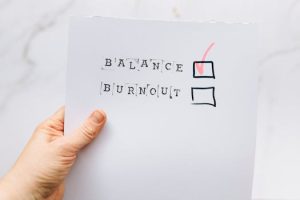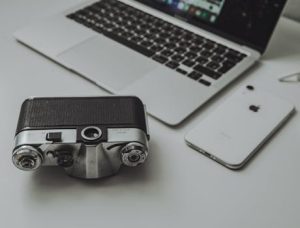AI Copyright Battles: Who Owns Machine-Generated Content?
Welcome to the world of artificial intelligence, where machines are learning and evolving faster than ever before. With advancements in technology, AI has become a major part of our daily lives, from virtual assistants to self-driving cars. But as AI continues to grow and produce impressive results, a question arises – who really owns the content generated by these intelligent machines? This article will delve into the world of AI copyright battles and explore the complex issue of ownership when it comes to machine-generated content.
The Rise of AI and Machine Learning
Before we dive into the ownership debate, let’s first understand the significance of AI and machine learning. According to McKinsey, AI and machine learning could add up to $13 trillion in economic activity by 2030. This technology is rapidly changing the way we work, communicate, and live our lives. With the ability to analyze vast amounts of data and make decisions on its own, AI is revolutionizing industries such as healthcare, finance, and transportation.
The Role of AI in Content Generation
One of the emerging uses of AI is in content creation. With the help of natural language processing (NLP) and neural networks, machines can now produce human-like text, images, and videos. This has been a game-changer for businesses, as it allows them to produce high-quality content at a much faster pace and lower cost. However, this also raises questions about the ownership of the content that is being generated.
The Issue of Ownership
A major concern in the AI copyright battles is who owns the rights to the content produced by machines. The traditional understanding is that copyright belongs to the person who creates the work. But with AI, things get a bit more complicated. Since machines are not human, they cannot be considered as creators under current copyright laws. So, does that mean the ownership defaults to the person who programmed the machine, or the company that owns the machine?
The Programmer vs The Machine Owner
If we consider the programmer as the owner, then the machine’s output could be considered a derivative work. This means that the programmer has the right to control the use and distribution of the content. However, this approach doesn’t take into account the involvement of the AI system in the content creation process. The machine itself plays a significant role in producing the content, and therefore, some argue that the machine owner should have the copyright over the output.
The Question of Creativity
Another issue in determining ownership of machine-generated content is whether AI can be considered a creative entity. Copyright law protects original, creative works, and machines are not traditionally seen as capable of creating in the same sense as humans. However, with AI’s ability to produce unique and original content, this definition of “creativity” may have to be reevaluated.
AI as a Tool
On the other hand, some argue that AI should be seen as a tool, similar to a pen or a paintbrush. In this case, the copyright would go to the person using the tool, rather than the tool itself. However, this analogy doesn’t take into account the level of autonomy and decision-making abilities that AI possesses.
The Need for New Laws and Regulations
The current copyright laws were not designed to handle the complex issue of AI-generated content ownership. As AI continues to advance and produce more sophisticated works, it is clear that new laws and regulations are needed to address this issue. Some experts suggest creating a new category of “computer-generated works” that would have its own set of laws and regulations.
Collaboration between Humans and AI
Another approach could be to consider AI as a collaborator in the creative process, giving ownership to both the human and the AI system. This would require a joint copyright between the programmer and the machine owner, with each party having their own set of rights and responsibilities.
The Future of AI and Copyright Battles
As we move towards a more AI-driven world, the question of ownership over machine-generated content becomes increasingly important. The complexity of this issue highlights the need for collaboration between experts in technology, law, and creativity to develop new laws that can address the challenges presented by AI. Until then, the debate over who owns AI-created content will continue to be a topic of discussion.
Conclusion
AI has brought about incredible advancements and opportunities in various industries, including content creation. However, it also raises important questions about the ownership of the content produced by intelligent machines. As we continue to navigate this ever-evolving landscape, it is essential to find a balance between protecting the rights of creators and recognizing the role of AI in the creative process.






